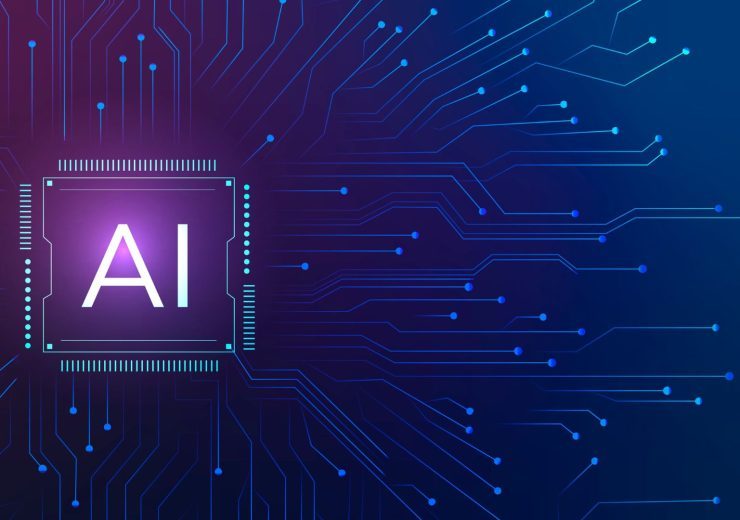AI in the Legal Field: Changing How We Approach Law and Justice

AI in the Legal Field: Changing How We Approach Law and Justice
Explore how Artificial Intelligence is transforming the legal field by enhancing efficiency, improving accuracy, and reshaping access to justice.

Introduction
The legal field, long rooted in tradition, is experiencing a technological transformation thanks to Artificial Intelligence (AI). From contract analysis and legal research to predictive analytics and case management, AI is reshaping how legal professionals approach their work. These advancements are not only enhancing efficiency but also democratizing access to legal services.
This article explores the impact of AI on the legal industry, highlighting key applications, benefits, and challenges. By understanding how AI is transforming law and justice, legal professionals and clients alike can better navigate this evolving landscape.
1. Streamlining Legal Research and Document Review
Legal research and document review are time-intensive tasks that require thorough attention to detail. AI-powered tools like LexisNexis and Westlaw Edge simplify these processes by analyzing vast databases of case law, statutes, and legal documents in seconds. Natural Language Processing (NLP) enables these tools to understand legal terminology and deliver highly relevant search results.
AI also excels at contract analysis, identifying key clauses, inconsistencies, and potential risks. This not only saves time but also reduces the likelihood of human error, allowing legal teams to focus on higher-value tasks.
2. Leveraging Predictive Analytics
AI’s ability to predict outcomes based on historical data is transforming legal strategy. Predictive analytics tools assess past case outcomes, judge tendencies, and legal trends to help lawyers anticipate potential results and refine their approach. For instance, AI can estimate the likelihood of a case being dismissed or determine the optimal settlement amount.
These insights provide legal teams with a strategic advantage, enabling them to make data-driven decisions and improve client outcomes.
3. Automating Routine Legal Tasks
Administrative tasks like billing, scheduling, and compliance tracking can consume a significant portion of a lawyer’s time. AI-powered case management systems automate these processes, ensuring accuracy and freeing up time for more complex legal work. Document automation tools also streamline the creation of legal agreements, contracts, and pleadings.
By automating routine tasks, AI enables legal professionals to focus on strategic planning, advocacy, and client engagement.
4. Improving Access to Justice
AI is democratizing access to legal services, particularly for underserved populations. Chatbots and virtual legal assistants provide users with instant guidance on common legal issues, such as tenant rights or small claims procedures. Platforms like DoNotPay offer affordable solutions for drafting letters, disputing fines, and more.
These tools make legal assistance more accessible and affordable, helping bridge the gap for individuals who might otherwise struggle to navigate the legal system.
5. Challenges and Ethical Considerations
While AI brings numerous benefits, it also raises challenges and ethical concerns. Issues like data privacy, algorithmic bias, and the lack of transparency in AI decision-making must be addressed to maintain trust and fairness in the legal system. Additionally, the potential misuse of AI in areas like surveillance or legal loopholes requires careful regulation.
Legal professionals and policymakers must work together to establish ethical guidelines that ensure AI is used responsibly and equitably in the field of law.
6. The Future of AI in Law
The integration of AI into the legal field is still in its early stages, but its potential is immense. Future advancements may include AI-driven dispute resolution, fully automated contract negotiations, and real-time legal risk assessments. These innovations will further enhance efficiency and enable legal professionals to focus on complex, high-stakes issues.
By embracing AI as a complement to human expertise, the legal profession can adapt to changing demands and continue to deliver justice effectively.
Conclusion
Artificial Intelligence is transforming the legal field by enhancing efficiency, improving accuracy, and expanding access to justice. From streamlining legal research to democratizing legal assistance, AI is reshaping how legal professionals work and how clients access services. However, its adoption comes with challenges that require thoughtful navigation and ethical oversight.
As AI continues to evolve, its role in the legal system will only grow, offering both opportunities and challenges. By leveraging AI responsibly, the legal profession can embrace innovation while upholding the principles of justice and fairness.



